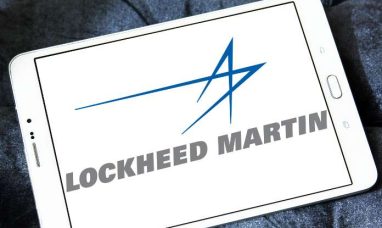UBS Group AG (NYSE:UBS) completed the acquisition of Credit Suisse, marking a key milestone. Following the failure of Silicon Valley Bank, UBS announced the purchase in March 2023 as an emergency takeover including government-backed attempts to avert panic in the global banking sector.
Credit Suisse shareholders will receive one UBS share for every 22.48 outstanding shares held as a result of the merger. With the completion of the transaction, Credit Suisse Group AG was integrated into UBS Group AG. The united company will function as a consolidated banking group.
UBS Group AG will oversee two distinct parent banks: UBS AG and Credit Suisse AG. Both of these banks will continue to own subsidiaries and branches, serve clients, and conduct business with counterparties. According to a Financial Times article, UBS is likely to impose harsh limits on Credit Suisse bankers, including a prohibition on sophisticated financial products and the acquisition of new clients from certain high-risk countries.
UBS management anticipates that the common stock tier 1 capital ratio will be around 14% in the second quarter of 2023. The metric is scheduled to remain unchanged until 2023. Furthermore, Credit Suisse’s operating losses and hefty restructuring expenses are expected to be mitigated by decreases in risk-weighted assets, according to the business.
The historic transaction was completed on June 9, 2023, with the signature of the Loss Protection Agreement (LPA) with the Swiss government. The agreement will be in existence until either all of the assets protected by the guarantee are realized or the agreement is canceled.
The realization of a portfolio of some non-core assets of Credit Suisse is likely to result in losses for UBS Group AG. According to the terms of the deal, UBS will absorb the first CHF 5 billion in realized losses on such assets. Furthermore, the arrangement includes a government guarantee covering realized losses up to CHF 9 billion in excess of UBS’s loss.
It has been said that UBS will handle Credit Suisse’s non-core assets prudently and diligently, with the goal of minimizing any potential loss and maximizing the value realization of such assets. In addition, UBS will bear the Confederation’s and the Swiss Financial Market Supervisory Authority’s initial and ongoing external costs for the LPA.
UBS’s acquisition of ailing local rival Credit Suisse elevates the former to the status of the Swiss banking giant. It will provide better worldwide services to its clients by combining the resources of both institutions and benefiting from synergies. The combined organization will benefit from extended geographic reach, more knowledge, and enhanced capabilities.
UBS Group AG’s shares have increased 10.6% on the NYSE in the last six months, outperforming the industry’s 6.9% growth.
Featured Image: Freepik @ ASphotofamily









